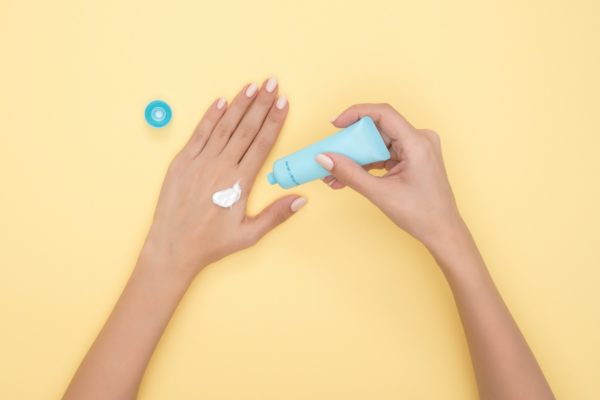Corporate Wellness
One of the most powerful choices you can make as a man is the choice to care for yourself. Men are often reluctant to seek the help they need because of a cultural message that they are supposed to somehow be indestructible.
On average, men live about five years less than their female counterparts. Men have a higher death rate for most of the leading causes of death, including cancer, heart disease, diabetes and suicide. One in two men will develop cancer in their lifetime. Men make half as many preventive visits with a physician as women do.
Perhaps many don’t think about their health until something is wrong. “If it is not broken, don’t fix it” is not a reliable strategy when it comes to health.
June is Men’s Health month, and hopefully we can help some men out there be more aware of their bodies and health. More specifically, we’ll focus on the topic of Testosterone.
First off, what is Testosterone? In the male body, testosterone is the most important sex hormone. Testosterone is responsible for development of male characteristics such as body and facial hair, muscle growth and strength, and a deep voice. Normal levels of testosterone also influence the production of sperm, promote sexual function and drive.
If testosterone levels fall below the normal range some typical symptoms may include:
- Low sex drive
- Erectile dysfunction (ED)
- Increased irritability or depression
- Fatigue
- Reduced muscle mass and strength
- Inability to concentrate
- Decreased bone density; osteoporosis
As men get older, the ability to produce testosterone declines. This decrease in testosterone production is sometimes referred to as andropause or “male menopause.” In addition to age-related low testosterone, there are certain medical conditions that can cause low testosterone. These medical conditions can begin in youth or in adulthood, and can affect testosterone levels throughout a man’s life. Some of these conditions are associated with the testicles, pituitary gland and/or hypothalamus (a part of the brain that controls many of the body’s glands). Occasionally, the problem can be genetic. Some men’s bodies do not make enough testosterone. In younger men, low testosterone production may reduce the development of body and facial hair. Muscle mass and genitals may not develop normally, and younger men’s voices may fail to deepen.
The U.S. Food and Drug Administration (FDA) estimates that four to five million American men may suffer from low testosterone, yet only five percent are currently treated.
If you experience symptoms associated with low testosterone, you may want to ask your doctor about getting your testosterone levels checked. Your primary care physician can check your testosterone levels with a simple blood test and treat you if you have low testosterone. You might also ask your primary care physician about a referral to an endocrinologist or urologist who specializes in treating conditions such as low testosterone. Regular checkups and age-appropriate screenings can improve your health and extend your life.
If you do experience symptoms of low testosterone and are diagnosed by a physician, the good news is that the condition very often is treatable. There are several FDA-approved testosterone replacement therapies, including: injections, patches, and gels (1).
Resources:
Men’s Health Network. What Is Testosterone. Washington D.C.: Men’s Health Network, n.d. Testosterone. Men’s Health Network. Web. 14 May 2013. <http://www.menshealthnetwork.org/library/testosterone.pdf>.
Image Source:
http://phillipspharmacyblog.com/wp-content/uploads/2012/06/man-and-doctor.jpg
About the Author:
Erica Shields graduated from Brigham Young University (B.Y.U.) April 2012 with a degree in Exercise and Wellness. While at B.Y.U. she also competed in Track and Field, specializing in the sprints and jumps. She has a passion for fitness and exercise and loves teaching exercise classes, teaching weight loss, nutrition, and weight lifting. . She is a certified Health Fitness Specialist and Personal Trainer with the American College of Sports Medicine (ACSM).



